Rising number of Gen Z Australians taking US, ADF gap years instead of going straight to university
Aggressive recruitment campaigns are targeting rising numbers of Aussie youngsters to put gap years before uni. Find out where they are headed.
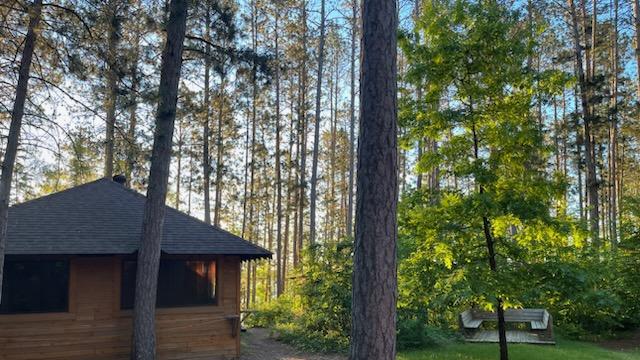
SA News
Don't miss out on the headlines from SA News. Followed categories will be added to My News.
Jessica Zilm had never been camping when she signed up for a gap year eating s’mores around a campfire and looking after American children at a summer camp.
The Adelaide student deferred a primary teaching degree instead choosing to earn a small salary on top of free food and wooden cabin-style accommodation.
Craving adventure after high school, she applied online to be a counsellor and earlier this year found herself arriving at Camp Kamaji in Minnesota during the dead of night with a busload of new recruits.
“It was kind of spooky with shadows from all the huge, tall trees,” the 19-year-old, said with a laugh, adding that it was also nerve-racking not knowing anyone else at the camp.
Camp Kamaji turned out to be life changing.
After a week of training Ms Zilm was assigned a job managing the outdoor climbing wall and spent the next 10 weeks ensuring dozens of children aged from seven to 15 years managed to ascend and descend safely.
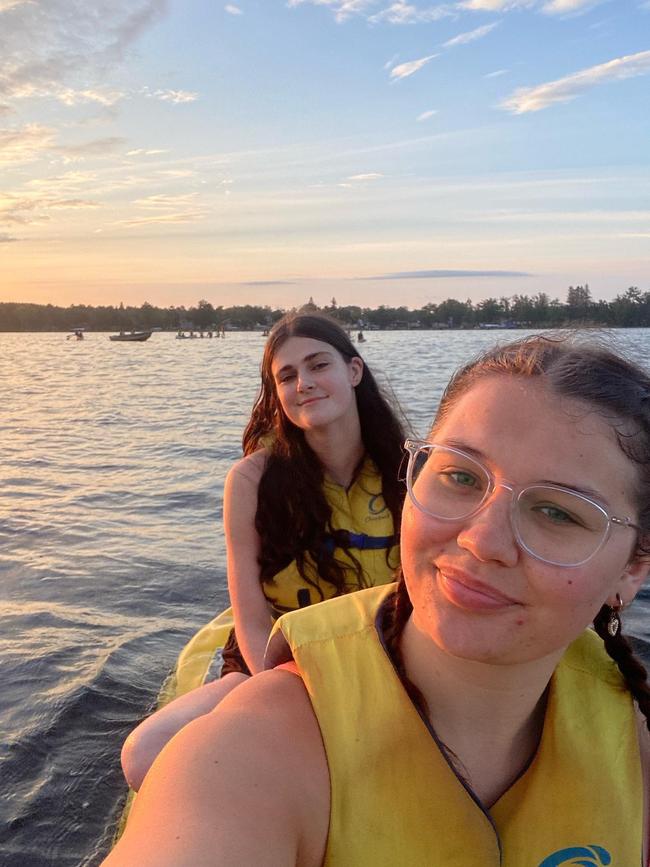
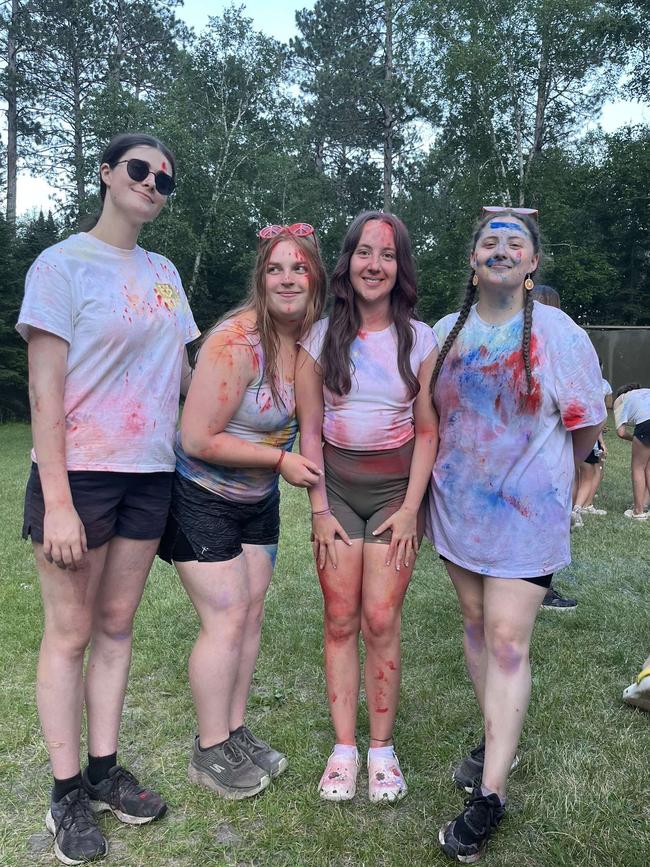
There was also a treasured overnight camp alongside Wolf Lake, chatting and cooking the famous American s’mores – marshmallow and chocolate sandwiched between Graham crackers, over the fire.
“I had never really been camping before and I remember after coming back I felt really sentimental, walking about nature and thinking ‘this is crazy’,” she said.
Another night the camp kids asked to hear songs from the Descendants movie over speakers, Ms Zilm obliged and returned to see “they were all singing their hearts out and were just so into it, dancing around and everything, which was really cute and funny to watch”.
There was canoeing, swimming, dance, drama, horseback riding and no electricity in the cabins, along with a new challenge learning to manage a smattering of conflicts among children “who were quite young and don’t always have great conflict resolution skills yet”.
The return of the gap year
Ms Zilm isn’t alone with gap years on the rise among Australian high school graduates.
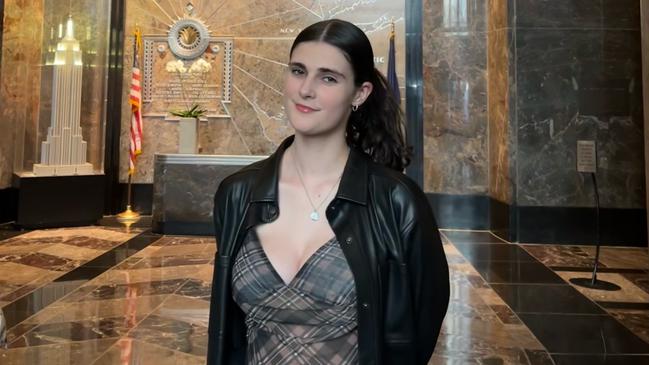
Well-oiled marketing campaigns are targeting teens to work in far-flung places like Camp Kamaji in Minnesota and air force bases in Sydney.
Camp America has recruited among its highest number of Australians for jobs in the US next year since it started in 1969 with more than 1000 young people set to pack their bags for the overseas stints.
The organisation has attended numerous school careers days across the country and has two upcoming job fairs lined up for Melbourne and Sydney in January next year as the company taps into students’ growing appetites for an overseas adventure before uni or TAFE study.
Emily Turner is the Sydney-based outbound manager of the American Institute for Foreign Study – the organisation that recruits for Camp America and she is forecasting “2025 to be one of Camp America’s largest intakes on record”.
Her organisation recruits for close to 1000 camps across the US from its Sydney headquarters placing young people in jobs as lifeguards or general counsellors working with children in drama, sports, arts, water sports and outdoor education.
“Camp America recruits around the world, however, Australian counsellors are particularly popular,” she said.
Why Year 12 students chose to do gap years
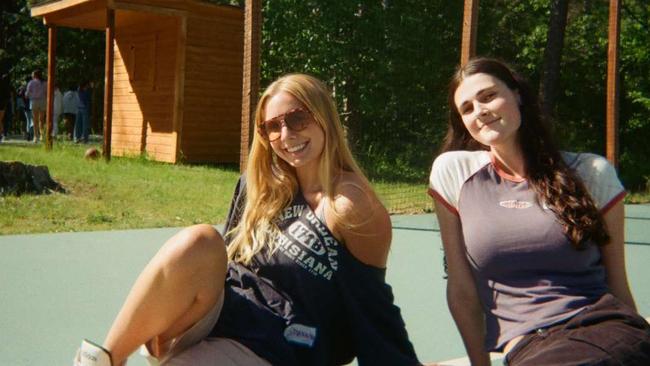
It was at her Catholic school’s annual careers event where Ms Zilm first heard about Camp America.
“It gave me a lot more confidence in myself knowing I could go off and travel for months by myself,” she said.
Ms Zilm made numerous long-term friendships including with one young woman she later visited at a university in Colorado, and the trip confirmed her choice of university degree was the right one.
“We don’t have anything like these summer camps in Australia and I felt like I was at the right age to do it, even though it was working it was a way to move on from my childhood before I had to come back and start being an adult,” she said.
“Now I’m home it almost feels like a dream. It was so different to anything I’ve done before and I think it gave me a lot more confidence in myself.
“I chose to study primary teaching while I was at school and the camp gave me a lot of experience working with kids and it confirmed I really enjoyed that.”
For fellow South Australian Soyal James is was his struggle to order his university preferences led him to the Australian Defence Force’s much-publicised gap year training after scoring an ATAR of over 98 at Emmaus Christian College.
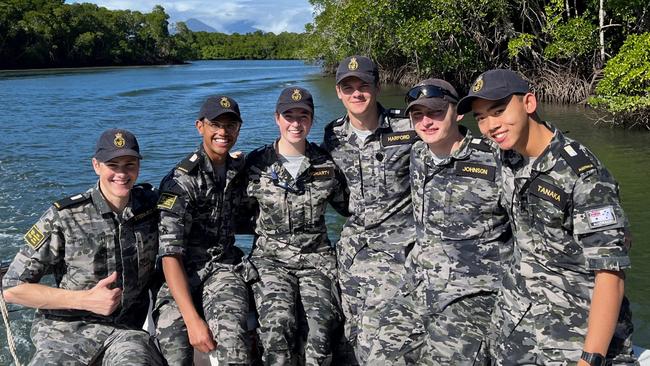
Despite his parents’ wish for him to go straight to university, he successfully applied for naval officers training and started at the HMAS Creswell base in Sydney last year.
“There was one month of an intense period where there were no phones allowed, we couldn’t contact anyone, you woke at 5.30am and went to bed at 10,” Mr James said, adding that training involved many physically demanding drills.
“I thought defence was a bit of an adventure, I liked the idea of getting some independence.
“A lot of what I was doing was pretty novel, learning how to shoot a gun for the first time for one, I had never held a rifle.”
How many students do gap years
Professor Andrew Norton at the Australian National University’s Centre for Social Policy Research said the federal government had not updated its gap year data since 2021 but it historically hovered around 10 to 11 per cent and appeared to be on the rise.
A Universities Admissions Centre Student Lifestyle and Learning Report released earlier this year showed that among nearly 17,000 Australian Year 12 students surveyed, nine per cent planned a gap year, compared to seven per cent in 2023.
Professor Norton said there was a drop in numbers around Covid years but “given the strong job market I expect that deferrals (from study for gap years) are back to previous levels or higher”.
Rites of passage gap year projects for young Australians in the late 1990s like volunteering on a kibbutz community in Israel are now being replaced with well-marketed language programs in Europe or volunteer conservation projects.
Choosing an Australian Defence Force gap year
The Australian Defence Force also actively recruits young people aged between 17 and 24 to be paid to train in areas like air force security, as an army chef or a sailor for a 12-month gap year.
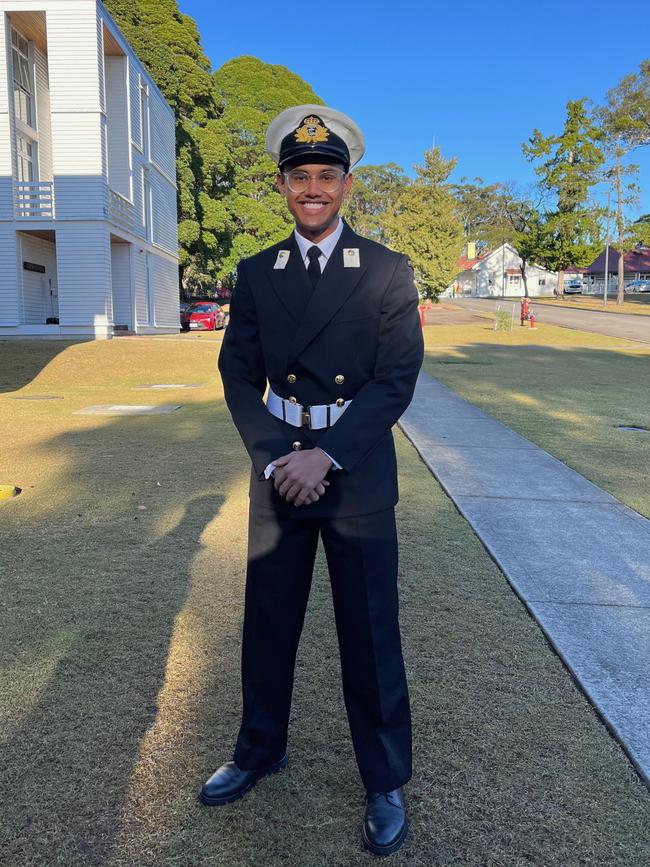
Its recruitment material says the program gives Australians, like Mr James who spent time training as a naval officer, a defence force taster to consider the forces as a potential career.
A defence spokesperson said the ADF Gap Year Program was re-established in 2015 after running between 2007 and 2012.
This year 727 young people joined the program, 147 in Navy, 330 in the army and 249 in the air force.
“Due to ongoing high interest in the program, Gap Year program recruiting programs have progressively increased,” the spokesperson said.
After several months in Sydney, Mr James then shadowed naval personnel at the Keswick Barracks in Adelaide and also at the Osborne shipbuilding site, but it was the graduation parade in Sydney with the chief of defence and the vice admiral of navy that was a highlight.
“I flew in my parents …. I remember we saluted and I looked up in the stands and saw my parents and my grandfather who was there from overseas and seeing them and then turning to see the people next to me that I finished my training with, it was a pretty cool moment.”
Earning money during the defence gap year was also helpful.
The 20 year old, had saved enough funds to pursue another dream in what turned out to be a gap year and a half – exploring Nepal through the Where There Be Dragons travel program.
He flew to Nepal in February this year and learned “a whole bunch of stuff” with a group of 10 young Americans on the program, summitting a mountain, staying in a Buddhist monastery for a week and in local homes with Nepalese families.
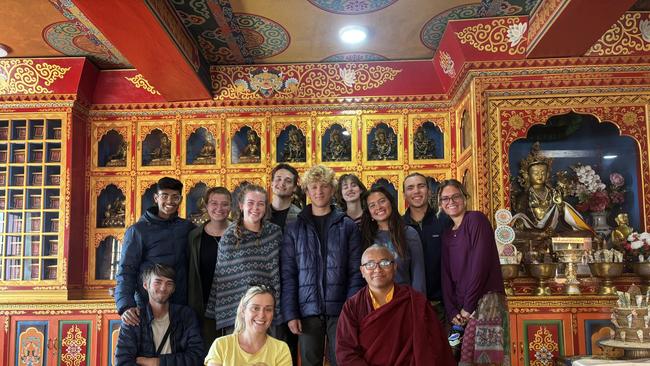
“Nepal is definitely the most beautiful country I have ever visited and I think I probably ever will, the natural beauty is just unmatched,” he said.
On his return to Adelaide, Mr James decided a Bachelor of Science majoring in microbiology at Flinders University was his top choice and he has now finished a semester of study.
“My parents were very worried that I wasn’t going onto university immediately after school, they live a very traditional life script that was handed to them … expecting kids to leave school, go to university and then to get a job,” he said.
“(But) I think I’ve made a much more informed and thoughtful decision.”
More Coverage
Originally published as Rising number of Gen Z Australians taking US, ADF gap years instead of going straight to university





